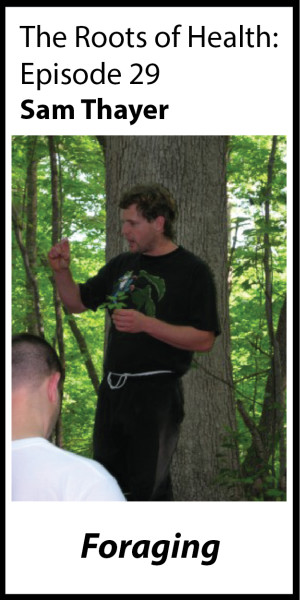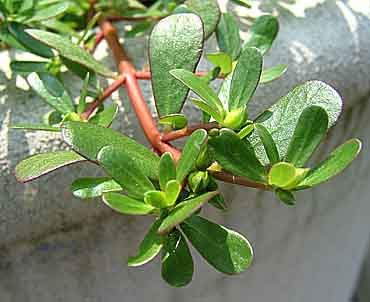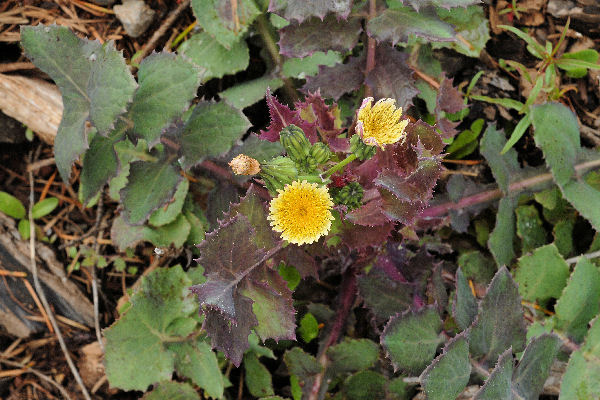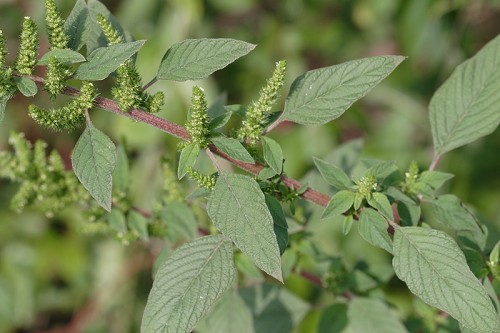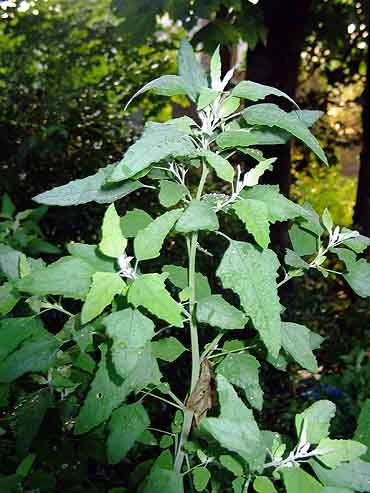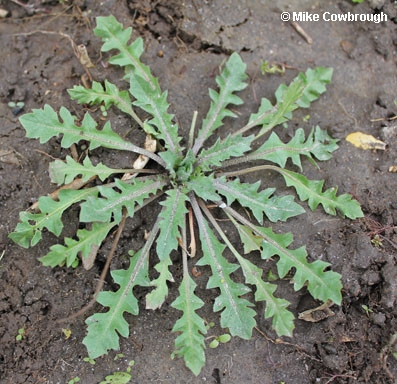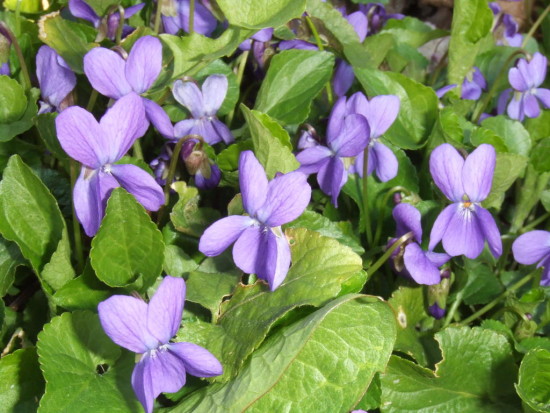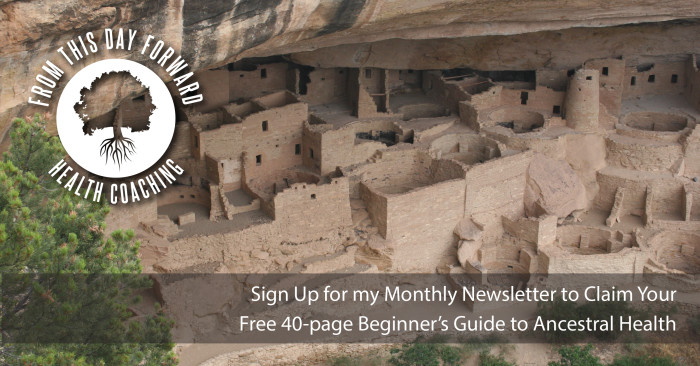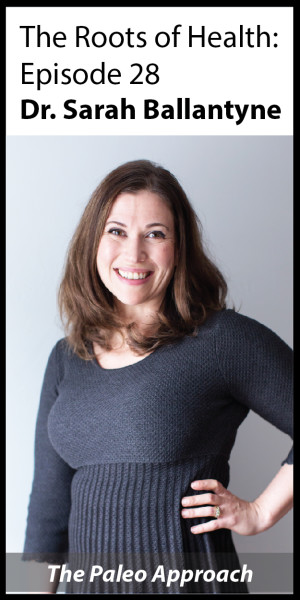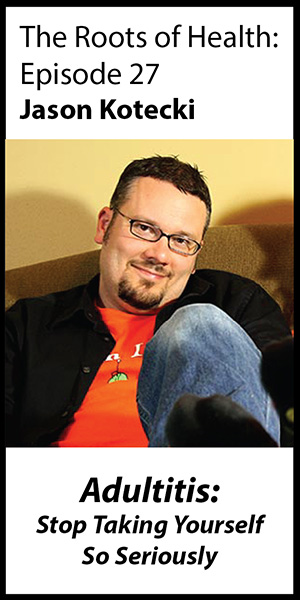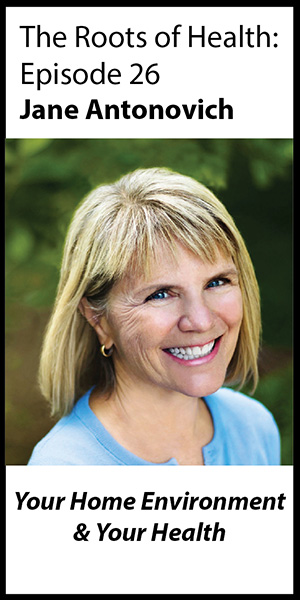I went to school for 10 years to study geology, worked in oil & gas for several internships and then ~6 years full-time before becoming an independent geologic consultant – and finally a health coach. My background in geology & evolutionary biology informs my approach as a health coach, and I now help people to lose weight and gain health using only the laws of nature.
That’s me up there – attempting to figure out lacustrine microbial carbonates in the Green River Basin.
And I have some insight to your current situation. Let me see if I can channel it.
You are a geoscientist. A geoscientist who has been displaced from your natural environment.
You may have a parent who introduced you to geology, in which case, you actually started your undergraduate career in geology – I think you are in the minority. The rest of us had no idea that you could be a geologist – until we discovered intro to Geology in college.
And it was magic when you found geology. It just seemed right. I mean, studying the Earth to understand how it formed, how it moves, what’s on the inside, how alive it is… it is intuitive in some way, it appeals to your innate curiosity AND your creative side. It’s so applied – there are so many moving pieces – it’s all connected. It brings you AWE. The ah-ha moments never stop.
AND – there are field trips.
You graduated from undergrad and were coached to go to grad school in order to make a living doing geoscience, doing the thing you love most. And that was fine with you, because you’re a professional student, and you’d get to spend 2-6 years (or more) playing around with friends (& rocks) before you head out into the real world.
Here’s what grad school was like:
- You participated in more great field trips. Amazing how you traveled so much on so little.
- You had countless beers to celebrate the week’s end at ‘colloquium’ or ‘seminar’ or ‘in the library’ or ‘at the office’.
- You were part of a pack of students who were on a bowling league, or ultimate team, or who watched ‘must see TV’ night together, or [insert your social routine here].
- Your $1K/mo salary didn’t seem like a problem – financial aid rocks.
- Camping was the solution to getting life done.
- You enjoyed attending conferences – and challenged yourself to see how many free meals you could schmooze.
- You learned that one of the hardest things to do in life is to get your graduate committee together in one room.
- You honed your skills, focused your efforts, and developed your niche.
- You learned if you were industry-bound or academia-bound or public-service-bound.
- Somewhere along the way – you nailed down your first job.
In the end – you racked up 2-3 degrees in the pursuit of geoscience. You had community, you had nature, and looking back, you somehow survived on less than minimum wage.
Your first job may have actually started before that final degree was awarded… just to make life interesting. But whatever that job was, it was moving forward, it was some serious cash, and it marked an important transition in your life toward responsible adulthood.
Whew. Took you a long long time to get there… but you did it. AND you had fun on the way.
Now you’re there. You’ve got this job that actually uses the skills that you honed. You are interpreting the Earth everyday. Your day may now look like this (my day did):
- Commute (my commute was at least 30 minutes – up to 1.5 hours each way).
- Search for parking (this was a routine part of my day).
- Walk in and ride the elevator up, maybe way up.
- Use your security badge to get into the door.
- Sit down at your desk.
- Have a meeting or two to bust up your productivity.
- Lunch time – head downstairs to survey the options, or sit right there at your desk.
- +/- hit the gym.
- Head back to your desk.
- Meeting or two to bust up your productivity.
- You might monitor the traffic online to make the most informed decision about when to commute home.
- Commute home.
- Repeat.
Your new environment is an office space, your new tools are a dual-headed monitor and a mouse and a server that is always at or near capacity with the exponential growth of the datasets that you challenge it with. You spend your time learning (mocking?) the new motivational jargon, making ergonomics appointments to mitigate the true dangers of your job, and fighting for the opportunity to reconnect with the rocks by participating in field trips – while the powers that be are pushing the safer – virtual field trip option. Or maybe you’re facing uncertainty in your job, driven by budget cuts or the price of oil… that’s stressful.
But wait, there’s something pretty major missing.
The actual Earth.
And this is probably taking a pretty big toll on your health. I know you, and while you got into this Earth stuff for a passion and a curiosity that may still be satisfied on a daily basis – you used to benefit from this field of geology even more – like the fresh air, like the movement, like the vitamin D, like the serious grounding in nature.
And because I’ve been through all of this too – I’d like to present you with some solutions that you can integrate into your life today – to help you shift your office life & environment toward one that is more health-promoting – one that is closer to your human nature.
I call it ‘5 Tips To Re-Wild the Office Geoscientist’.
And to make you feel at home, I’ll also summarize it into a one-pager.
Go ahead, follow this link… and begin your journey of re-wilding.


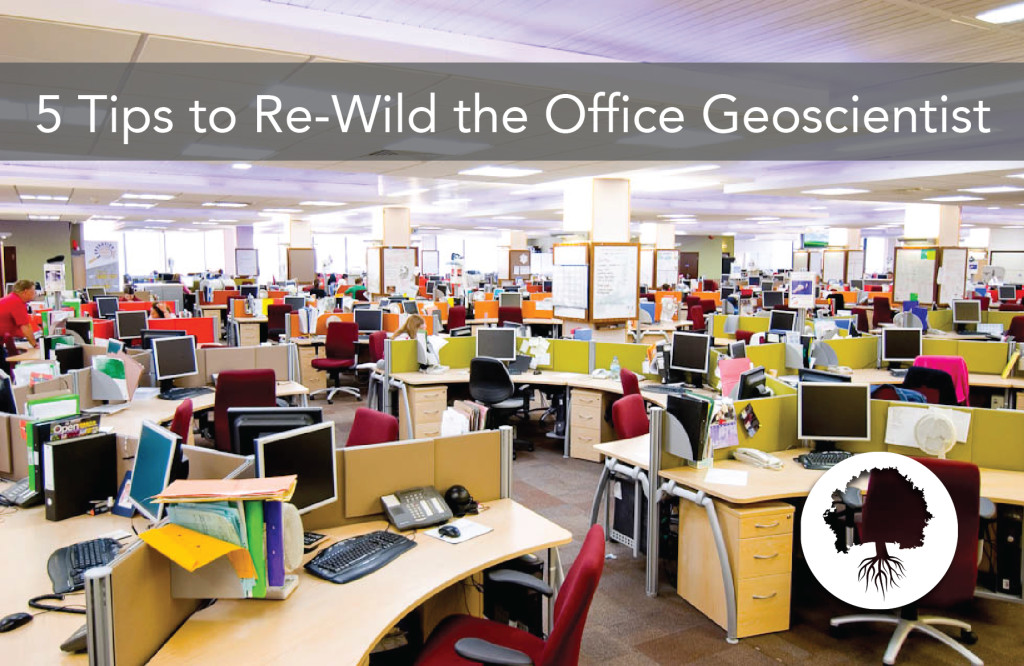
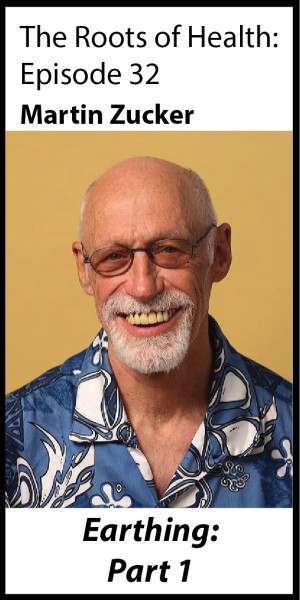
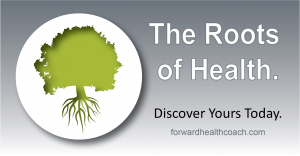
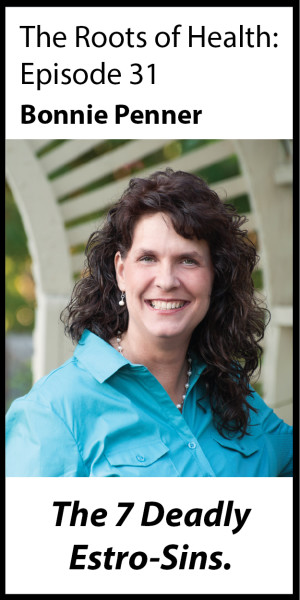 Click here to go right to the show in
Click here to go right to the show in 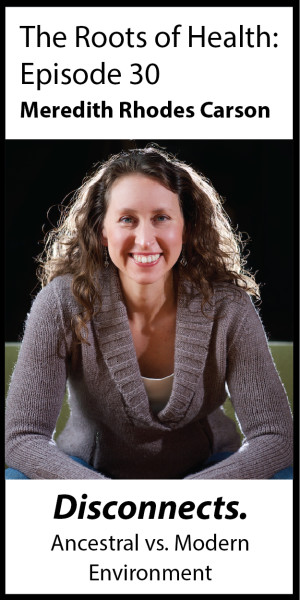 Click here to go right to the show in
Click here to go right to the show in 